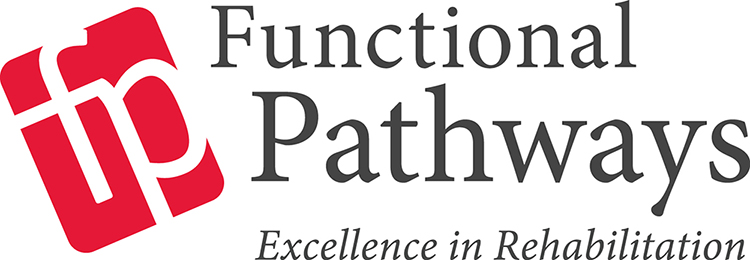The Frazier Water Protocol (FWP) allows residents with dysphagia free access to water with little to no incidence of aspiration pneumonia. It was developed by Kathy Panther, MS, CCC-SLP, inpatient rehabilitation director at the Frazier Rehab Institute in Louisville, KY 22 years ago.
Recent studies have shown that small amounts of water does not damage a patient’s lungs or lead to increased incidences of pneumonia. Unlike other thin liquids, water has a neutral pH level; therefore, it is well tolerated by the lungs and absorbed quickly into the bloodstream. The discovery of “aquaporins” in the lungs, made by pulmonary physiologist, Richard Effros, MD, supports this premise. The aquaporins act like a sieve. When water enters the alveoli (in the lungs), it is taken up into the blood vessels and carried out to the bloodstream very quickly.
SLP’s delivering dysphagia therapy in long term care have traditionally been focused on preventing aspiration through appropriate modification of diet textures/liquids, compensatory strategies, and strengthening of the oral motor processes involved in the swallow mechanism. There is an increased focus now on preventing dehydration and improving overall quality of life. Nutritional literature indicates that a large segment of our long term care population is at least mildly dehydrated.
Negative results of dehydration; include urinary tract infections (which will impact re-hospitalization for nursing homes this year), constipation, increased confusion, lethargy, acute renal failure, can result in changes in drug potency, decrease wound healing, and have negative impact on the cardiac system. SLP’s are in a unique position to collaborate with the facilities’ nursing team to promote safe implementation of the FWP for residents with swallowing deficits. This will improve hydration and quality of life for the long term care resident.
Key components of the Frazier Water Protocol include:
• Dysphagia residents drink only thickened liquids during meals
• Free water is permitted only between meals
• Nursing should perform a quick check of the oral cavity between meals to make sure no food particles are present prior to offing Free water
• Medications are not to be taken with water as pills may be washed into the lungs
• Patients should utilize compensatory swallow strategies i.e. chin tuck, teaspoon amounts of liquid, etc.
• Exemplary oral care is at all times is a MUST
• Thorough education of all staff is key to success of this program
For more information regarding implementation of the Frazier Free Water Protocol in your facility, please contact Cherie Rowell, Director of Clinical Services for Functional Pathways at [email protected].

Sister to a patient
August 12, 2013My brother has been gravely ill with pancreatitis since January. It is now August. The speech pathologist would not even consider the Frazier Water Protocol. My brother BEGGED for a drink of water, wept for one. The speech therapist had us scared to death to give him any. However, he has now been drinking water for weeks with no ill effect. And he’s so grateful for it. It’s being done in secret. We hope have another swallow study scheduled this week and are praying he passes so he can start eating again. He’s over 6 feet tall but down to 106 pounds and has continuous problems with his feeding tube. Why don’t more medical professionals know about this water protocol? If they do know about it, why are they unwilling to try it? Depriving patients of water is cruel.
crowell
September 11, 2013I am very sorry to hear your brother is so ill. Medical personnel are under increased scrutiny for the treatments and services they provide and recommend. An intervention such as the Frazier Water Protocol is still not practiced widely so there are currently not many studies that show the efficacy of using it. When clinicians recommend such a specific interventions, it is helpful for it to be clinically recognized in national practice guidelines and be an accepted treatment standard. In addition, when using the Frazier Water Protocol, there is an expectation that there be excellent oral care form caregivers to prevent bacteria from moving past the oral cavity and into the body. Continue to be a good advocate for your brother. All my best to you and your family.
Cherie